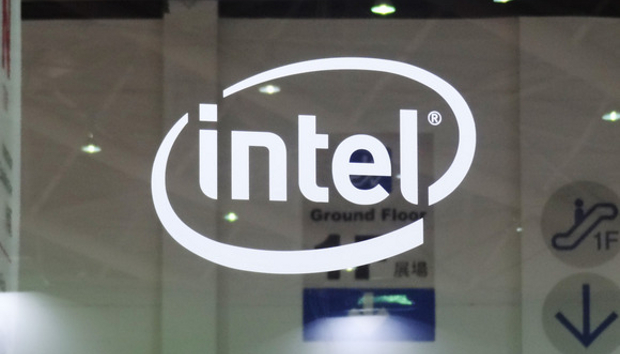Intel’s Atom processor architecture will live on despite the recent cancellation of next-generation smartphone chips.The chip maker will continue the development and use of the processor architecture, which stresses power efficiency, though the chips may not necessarily carry the Atom label. Last week Intel cancelled upcoming Atom smartphone chips code-named Broxton and Sofia.
The next-generation Atom architecture, code-named Goldmont, will first appear in future Pentium and Celeron processors, codenamed Apollo Lake, an Intel spokeswoman said. Current top-line Atom chips are based on an architecture named Airmont.
The decision to redirect Goldmont initially to another brand reflects Intel’s preference to chase high-priority markets. The Pentium and Celeron chips will be used in productivity tablets, hybrids, low-cost PCs and Chromebooks.
Goldmont was supposed to be the centerpiece of Broxton. The chip maker also cancelled Sofia 3GX, Sofia LTE and Sofia LTE2 chips, which were targeted at low-cost smartphones and tablets.
Intel put the smartphone chips on the chopping block as it reshapes operations following an announcement last month that it would cut 12,000 jobs – up to 400 of which could come from its Irish operation.
There will also be no next-generation Atom chips for tablets. The Goldmont-based Apollo Lake will succeed the Atom tablet chip codenamed Cherry Trail, which is now more than a year old.
The company it will keep the existing Cherry Trail and Sofia chips on the market to support tablet customers, the Intel spokeswoman said.
Intel mobile strategy now revolves mainly around 5G technology, which will bring significantly faster mobile connectivity to a wide range of devices. Intel will make front- and back-end devices to drive 5G network deployments, which are expected to start around 2020.
IDG News Service








Subscribers 0
Fans 0
Followers 0
Followers